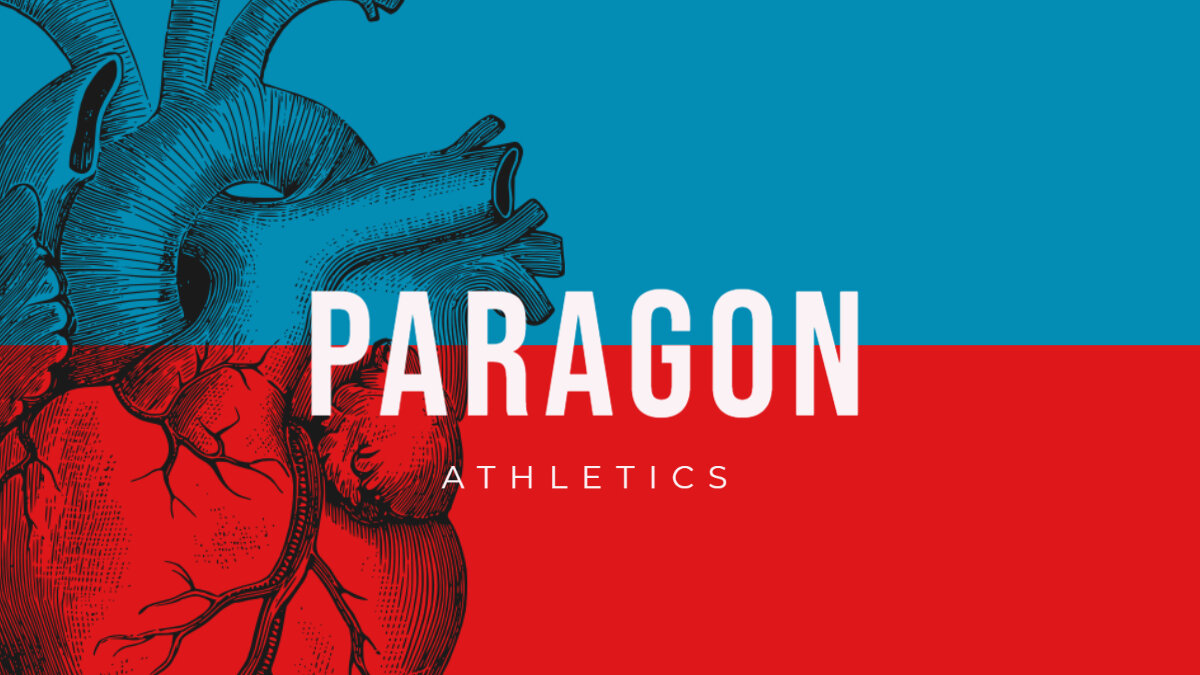Our nutrition program is focused on guiding people to create healthier habits and eating patterns but we do receive a lot of questions about maintaining or achieving a healthy weight. Here are some helpful habits and tips to include into your lifestyle if this is one of your goals:
Set Realistic Goals: Establish achievable and realistic weight loss goals. Aim for a gradual and steady weight loss of 1-2 pounds per week, as this is considered a healthy and sustainable rate.
Create a Calorie Deficit: While what you consume is more important than just the calories the foods contain, to lose weight, you need to consume fewer calories than you burn. Calculate your daily calorie needs and create a moderate calorie deficit by adjusting your diet and maybe increasing physical activity. A good place to calculate your daily needs is on the Mayo Clinic site. Take the calculated daily calorie intake and reduce by 100-200 calories for your weight loss target.
Balanced and Nutritious Diet: Focus on consuming a well-balanced diet that includes a variety of vegetables, proteins, fruits, whole grains, and healthy fats. Opt for nutrient-dense foods that keep you feeling satisfied while providing essential nutrients.
Portion Control: Be mindful of portion sizes and avoid overeating. Use smaller plates (a little trick to help your brain recognize you have plenty of food on your plate) and pay attention to hunger and fullness cues.
Increase Physical Activity: Incorporate regular physical activity into your routine. Aim for at least 150 minutes of moderate-intensity aerobic exercise per week, along with strength training exercises to build muscle and boost metabolism.
Mindful Eating: Pay attention to your eating habits and practice mindful eating. Slow down, savor each bite, and listen to your body's hunger and fullness signals. This can help prevent overeating and promote a healthier relationship with food.
Stay Hydrated: Drink plenty of water throughout the day. Sometimes, thirst can be mistaken for hunger, so staying hydrated may help prevent unnecessary snacking.
Get Adequate Sleep: Prioritize quality sleep as it plays a vital role in weight management. Lack of sleep can disrupt hunger hormones and lead to increased appetite and cravings.
Manage Stress: Find healthy ways to manage stress, as it can often trigger emotional eating. Engage in activities that help you relax, such as exercise, meditation, or meaningful activities.
Seek Support: Consider seeking support from a healthcare professional, nutritionist or dietitian, or joining a weight loss program. They can provide guidance, accountability, and personalized advice tailored to your specific needs.
Remember, sustainable weight loss takes time and consistency. Focus on making long-term lifestyle changes rather than resorting to quick-fix solutions. Be patient, kind to yourself, and celebrate non-scale victories along the way.
Paragon offers an online Nutrition Program as well as one on one work with a Nutritionist. Below you’ll find links to both options.
The How To Eat nutrition program offers you a guided and supportive course of action to improve your diet and your overall well-being.

